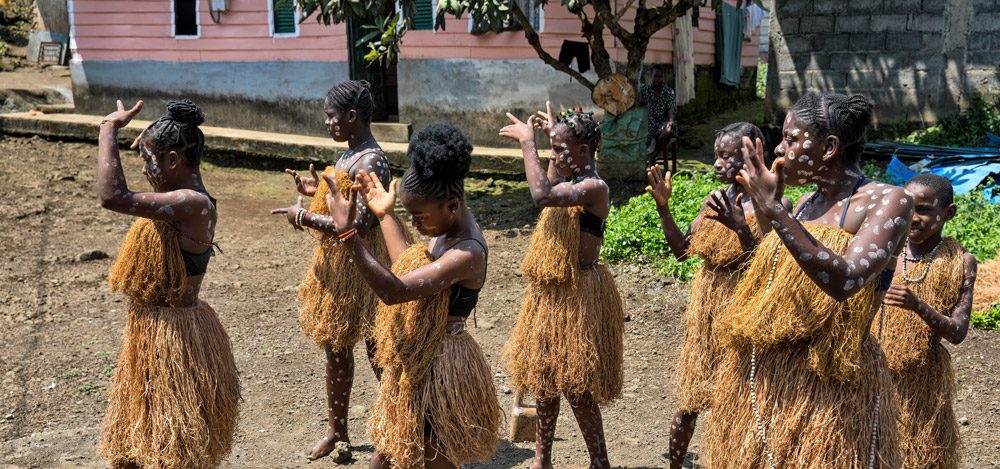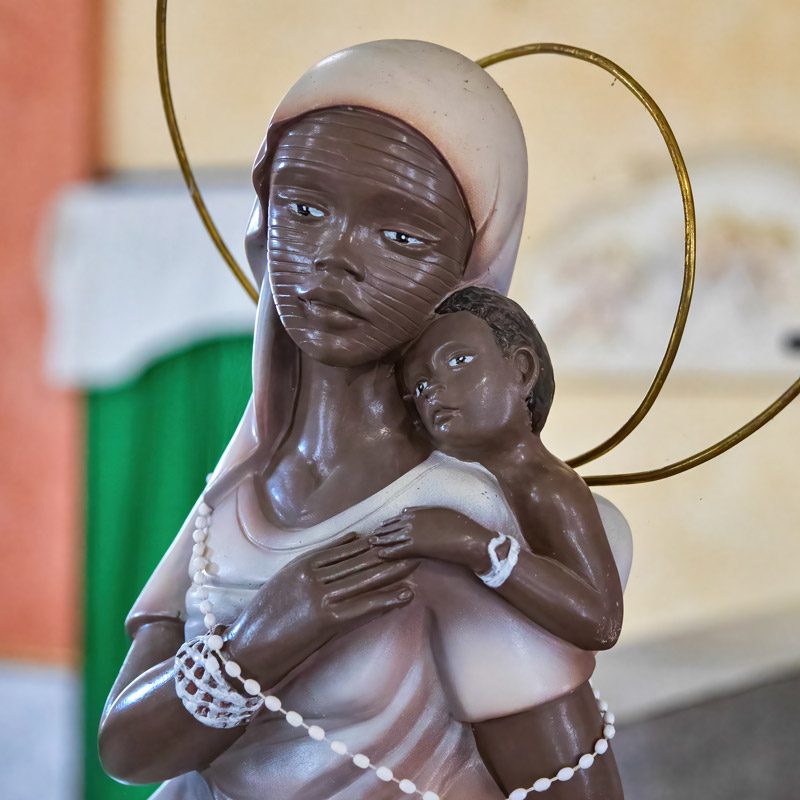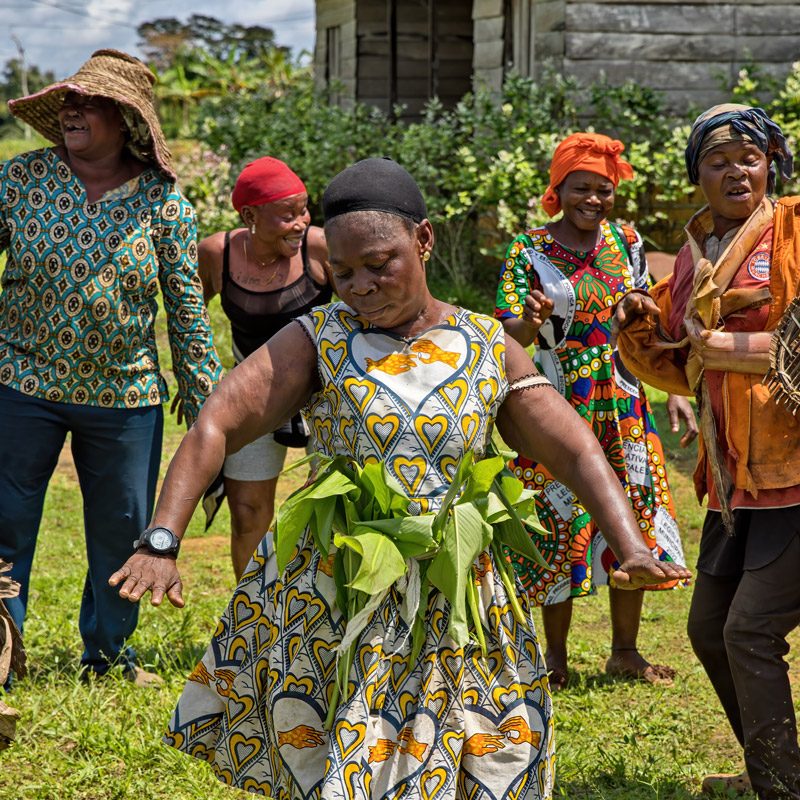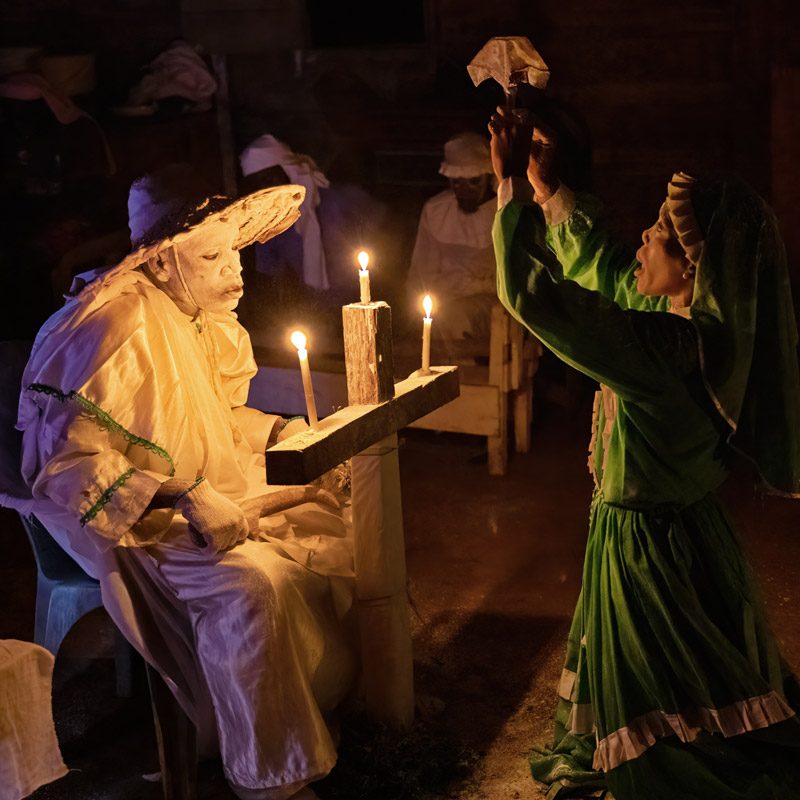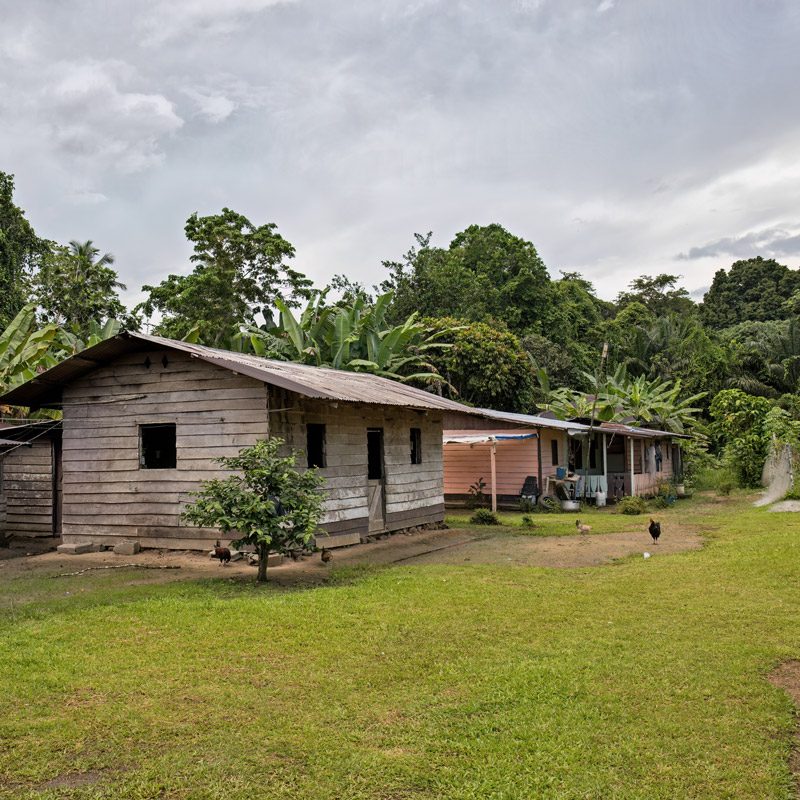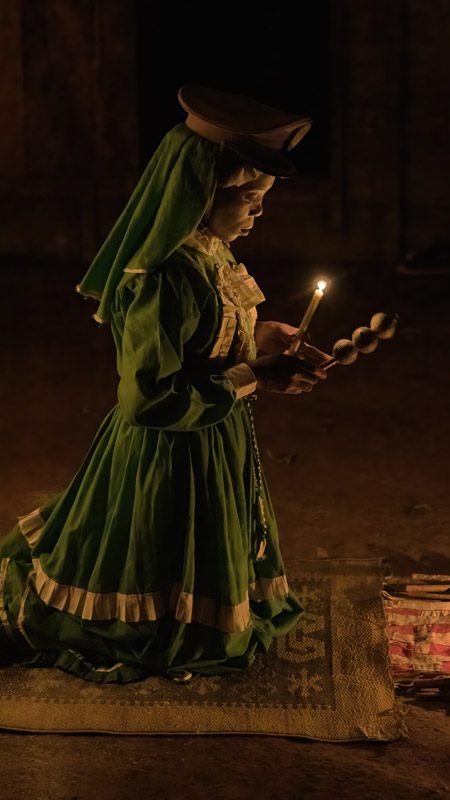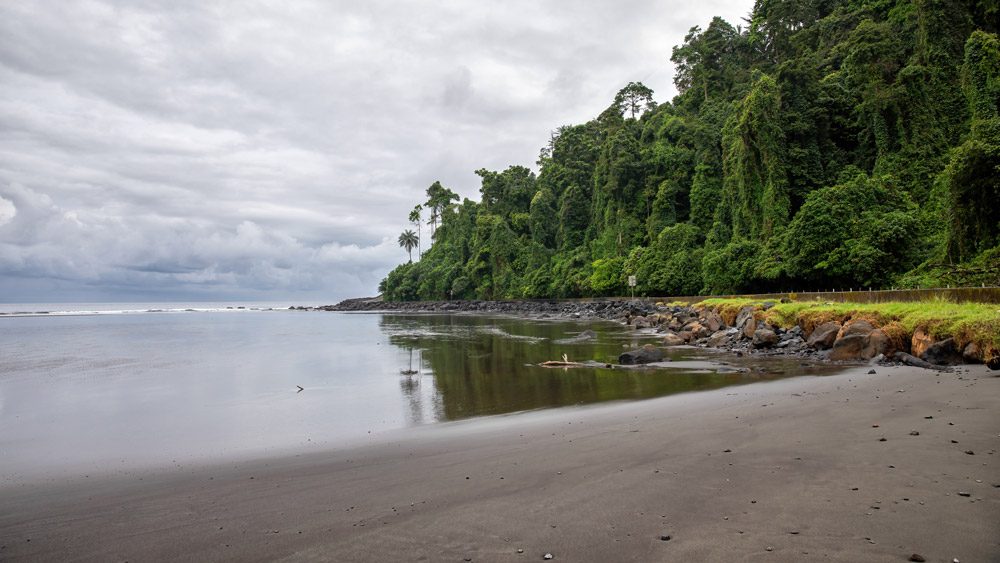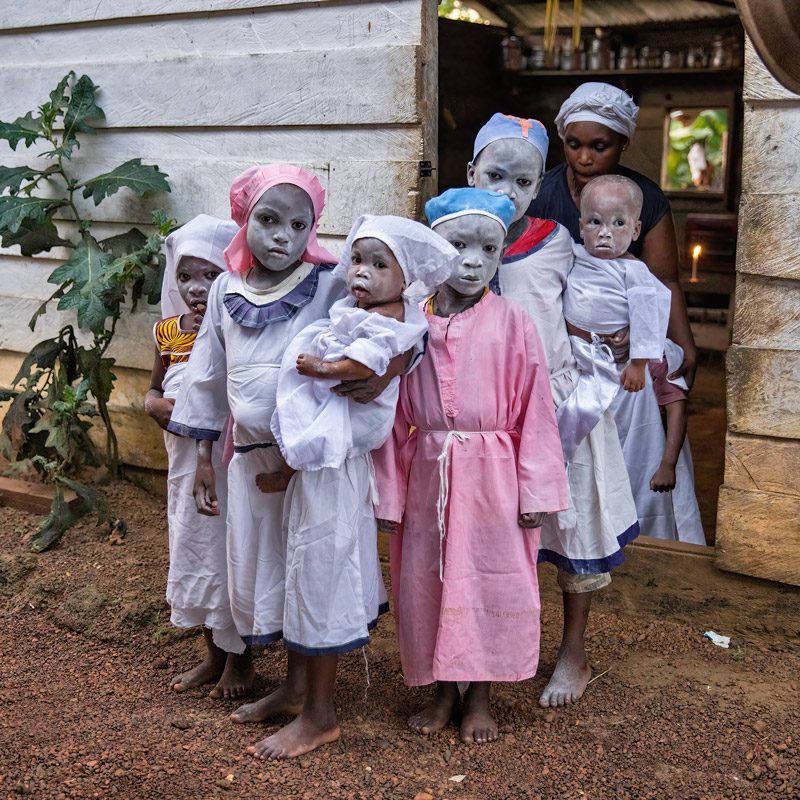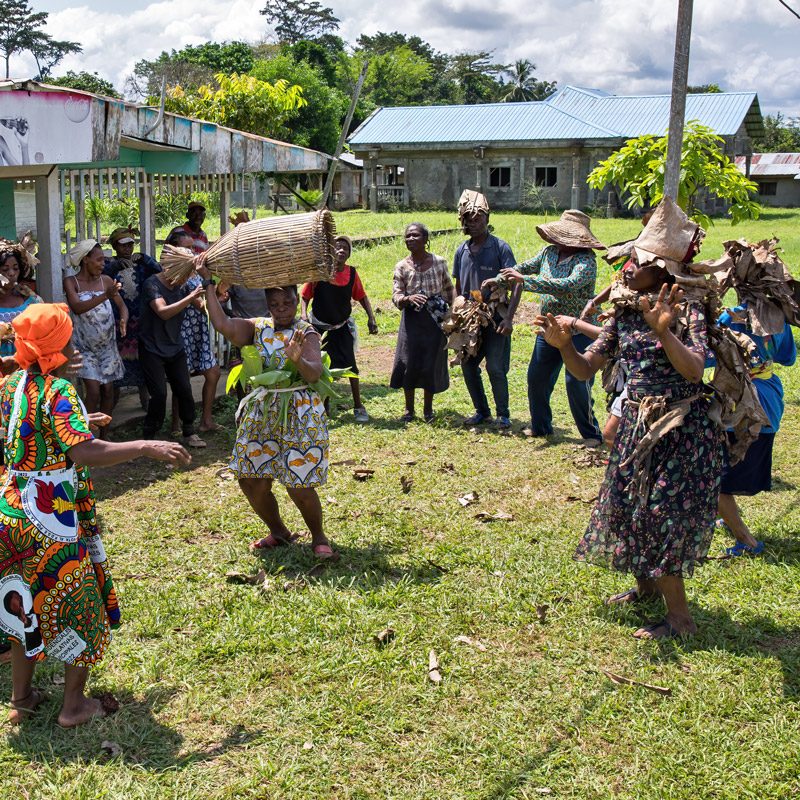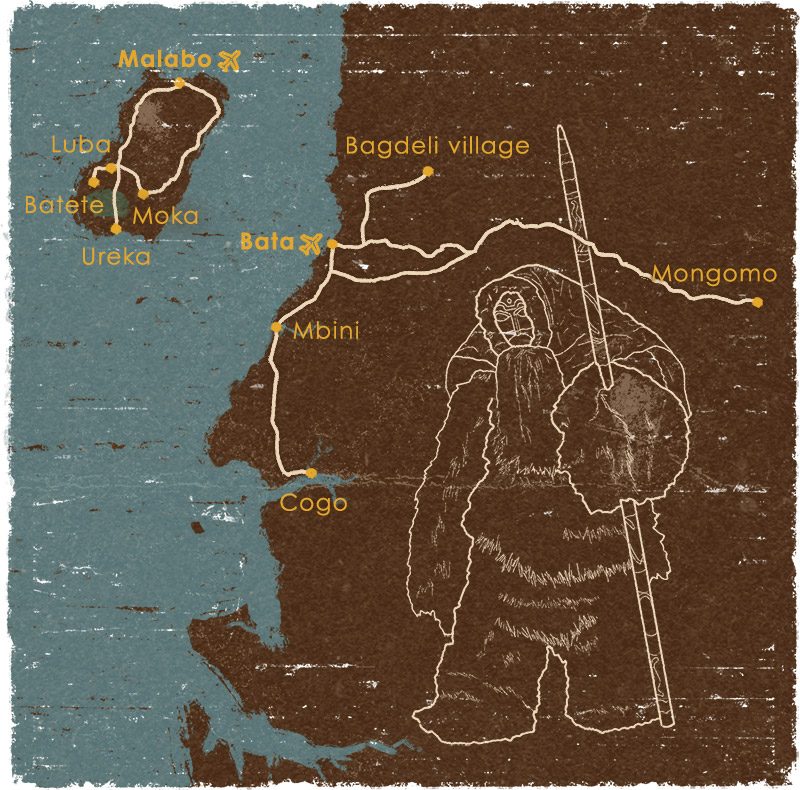Discover the highlights of this ethnographic trip to Equatorial Guinea
► Mainland part of Equatorial Guinea
Fang tribe
The Fang tribe is the dominant Bantu ethnic group in the country since independence from Spain in 1968. After decades of cultural assimilation and missionary action, the Fang ethnic group has lost much of their ancestral culture. But in some inland towns, the Fang preserve some pre-colonial practices, such as music and dances with masks. Our ethnographic trip to Equatorial Guinea will pass through a Fang village to learn about their culture, as well as these cultural practices that have been preserved.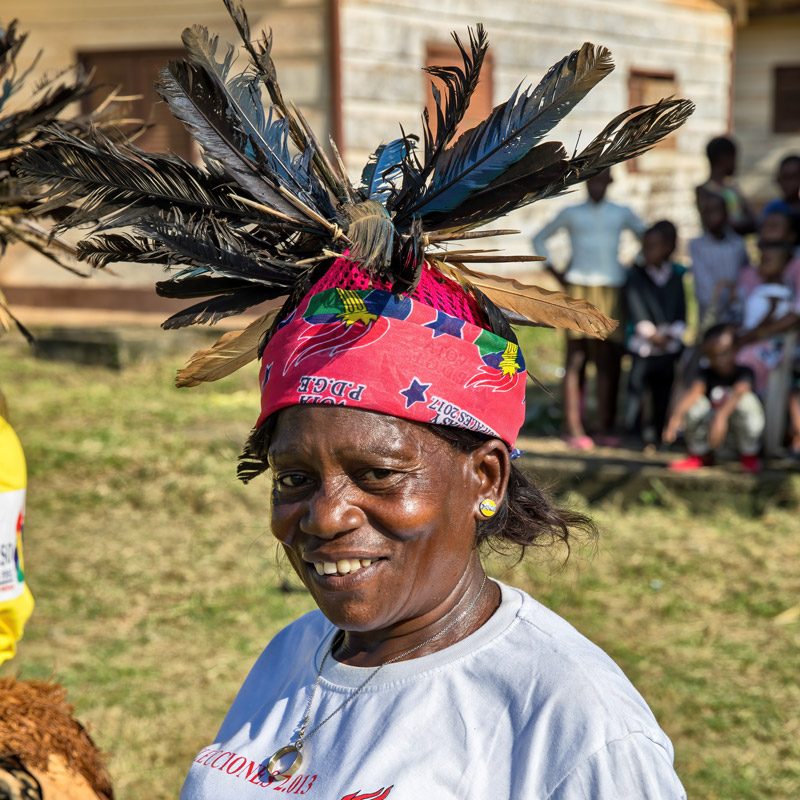
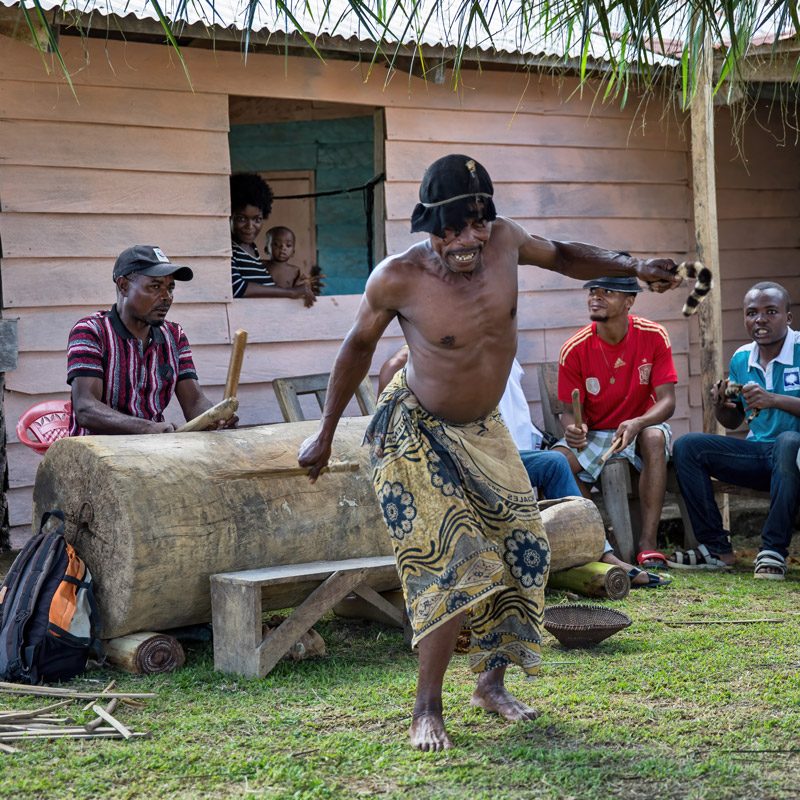
Bwiti ceremony
On this ethnographic trip to Equatorial Guinea, we will immerse ourselves in the world of ‘Bwitism’, a syncretic religion that mixes elements of the Fang animist religion with Catholic rituals. We will witness a ceremony that mixes medical and initiation elements by Bwiti priests.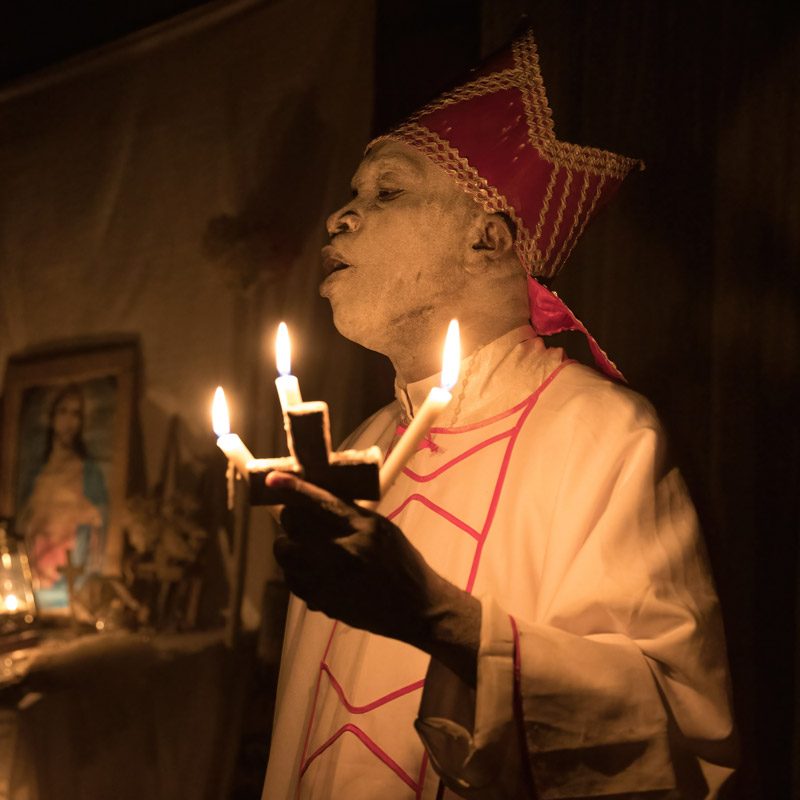
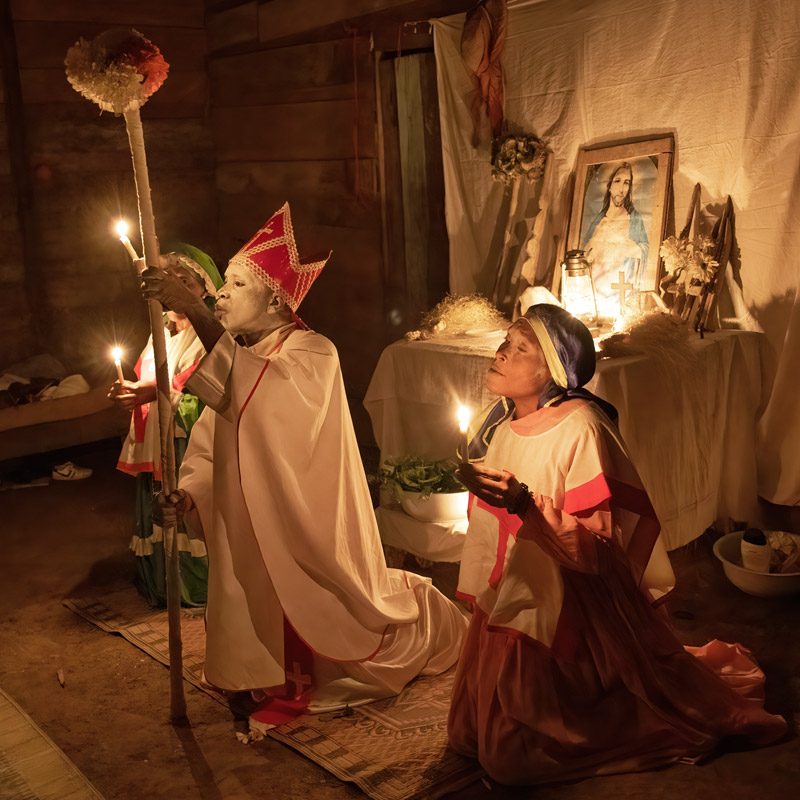
Ndowé tribe
The Ndowe tribe, also known as sandpipers, is a Bantu ethnic group that is dedicated to fishing and agriculture. In a fishing village, we will organize a traditional dance known by the Spanish name 'mamarracho'. It will be a unique opportunity to admire their traditional masks in action.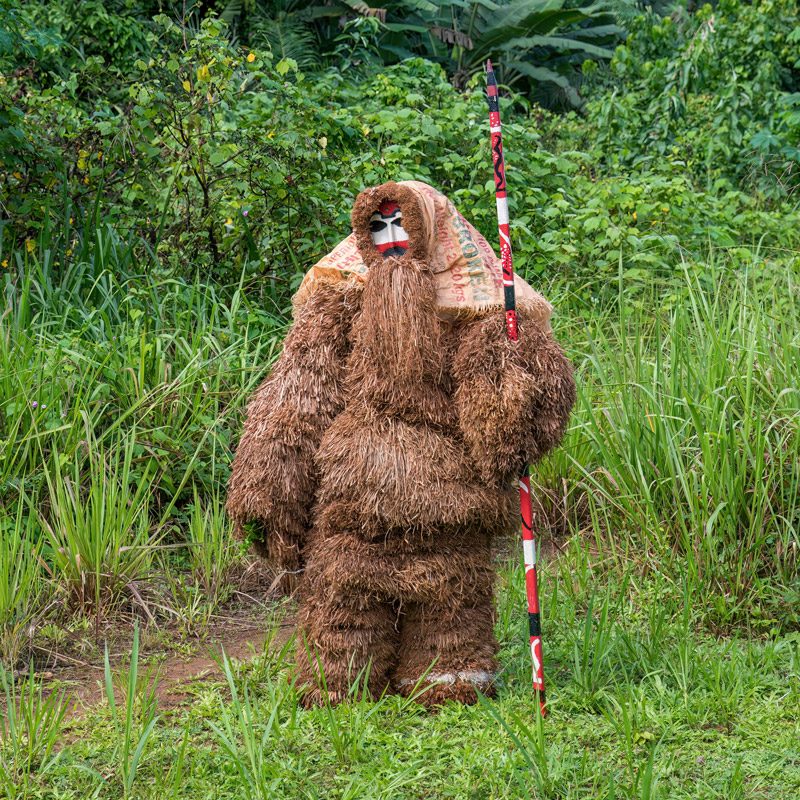
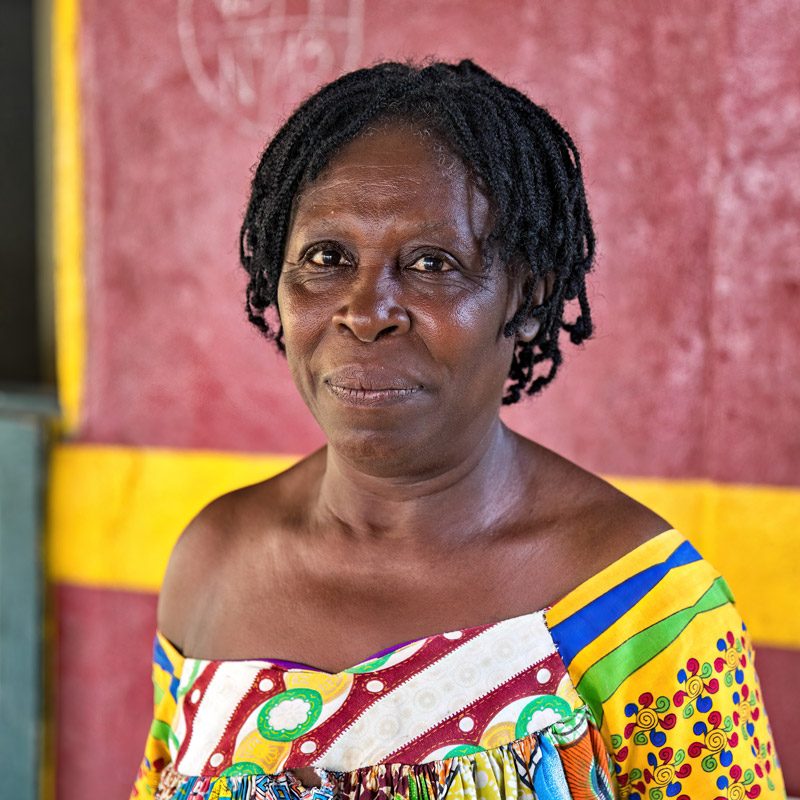
Badgeli tribe
Near the Cameroonian border, we will meet the Badgeli tribe, a pygmy people who have traditionally lived by hunting and gathering. Currently, they live among the Fang, and their traditional way of life has changed a lot, but they still retain some aspects of their original culture as well as their link with the mother jungle.► Exploration of Bioko Island
Malabo city tour
On this ethnographic trip to Equatorial Guinea, we will walk through the streets of old Malabo in search of historic buildings. Also, we will explore the most popular neighborhoods, where you can feel the heartbeat of the city. We will investigate the ancestral beliefs and popular culture (fusion music and Creole dances). In addition, we will visit the neo-Gothic-style cathedral, designed by a disciple of Antoni Gaudí in 1897, to attend the sung mass.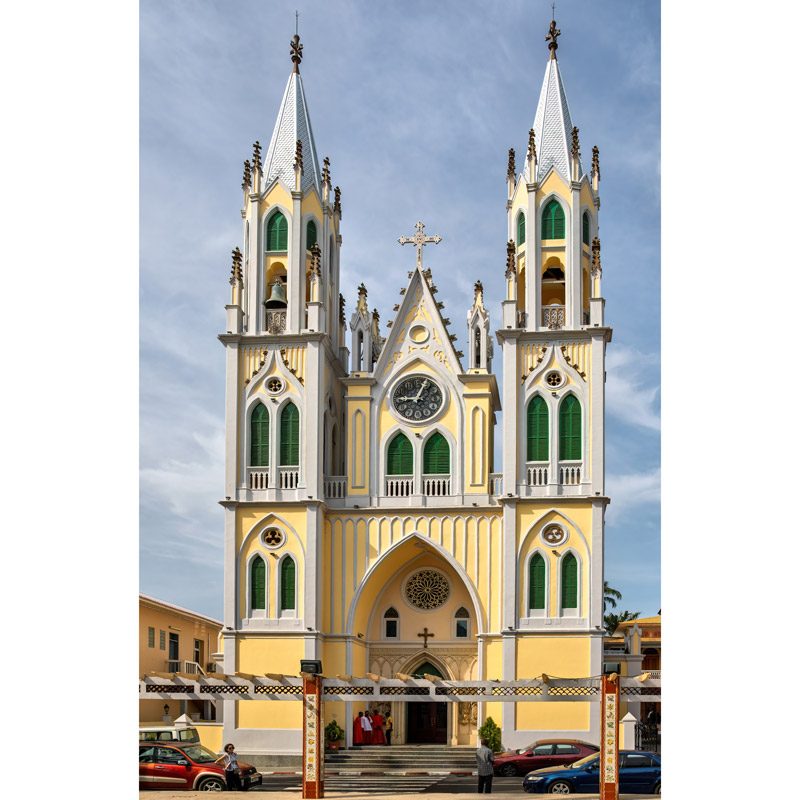
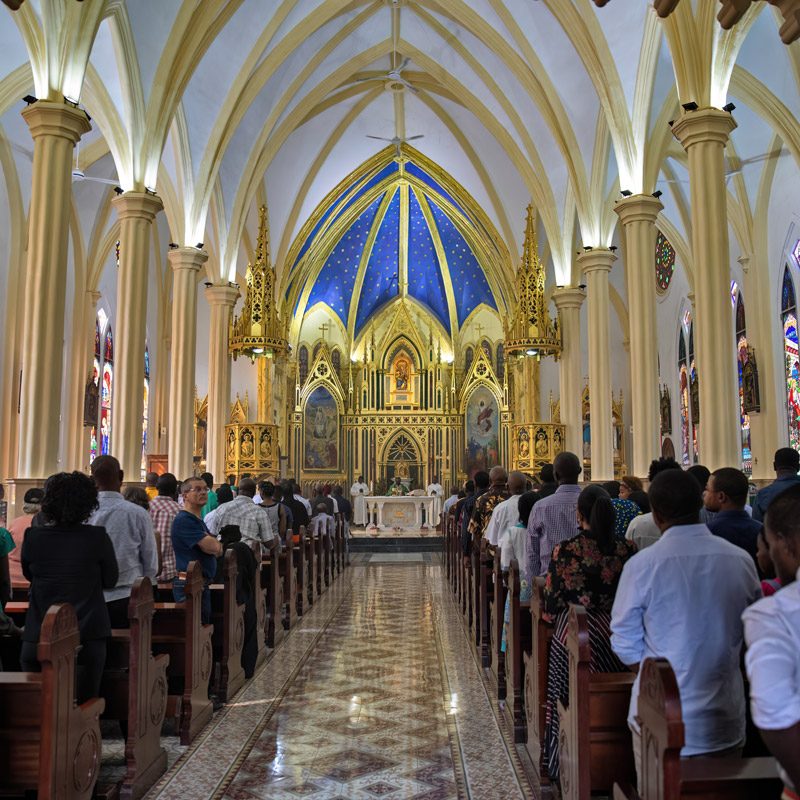
Bubi tribe
We will visit Moka, the spiritual center of the Bubi tribe and the seat of their ancient monarchy. We will meet with some Bubi elders to learn about aspects of traditional culture. Although most Bubi are Catholic today, they still maintain some of their traditional beliefs. We will try to talk to a priest and witness a traditional dance.
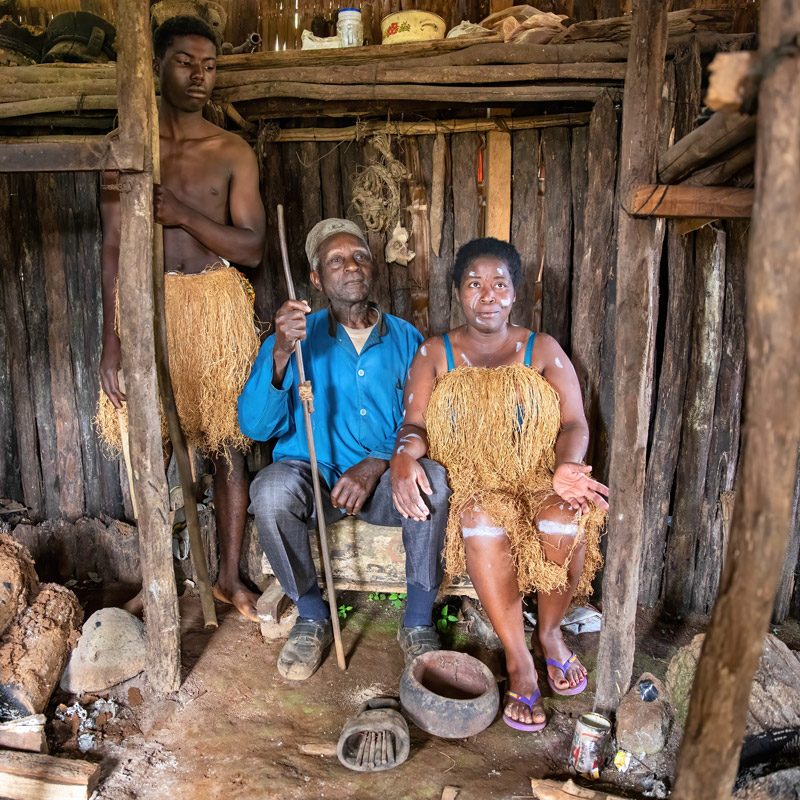
Ureka Beach
We will admire the black volcanic sand beaches of Ureka. Without a doubt, it is one of the last unspoiled paradises in West Africa.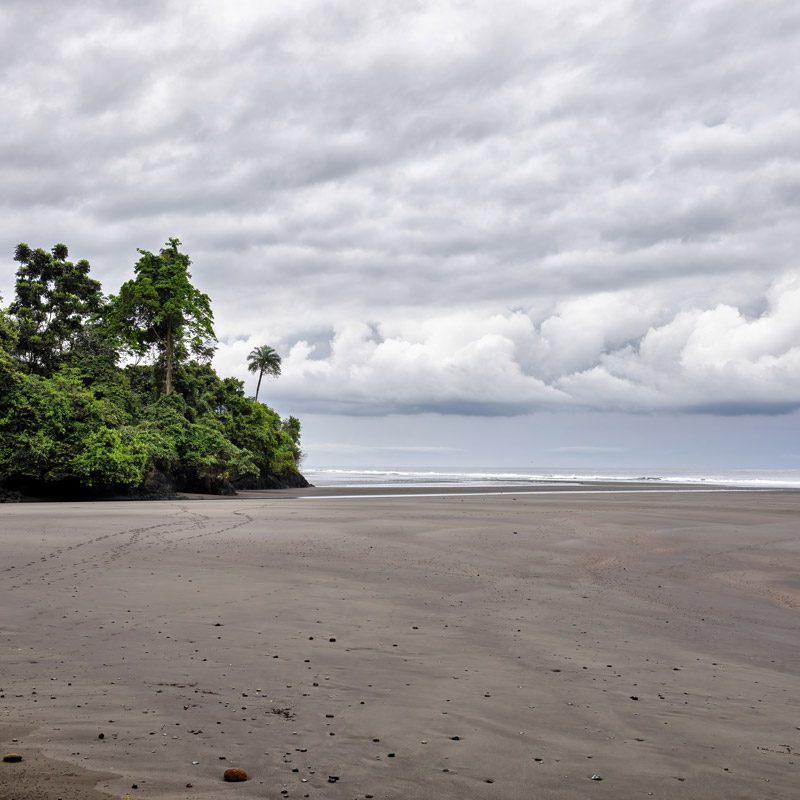
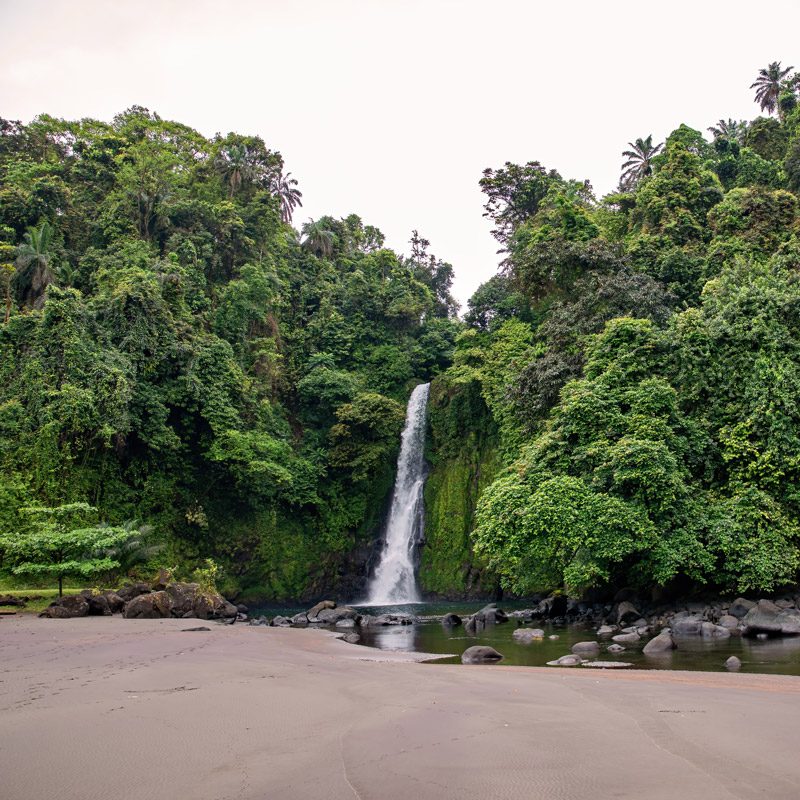
Visit to the unique wooden Church of Batete
The main curiosity of the town of Batete is a church that dominates the entire region and is among the most unique religious buildings in the world. During this ethnographic trip to Equatorial Guinea, we will visit the Batete Church, which is completely built of wood.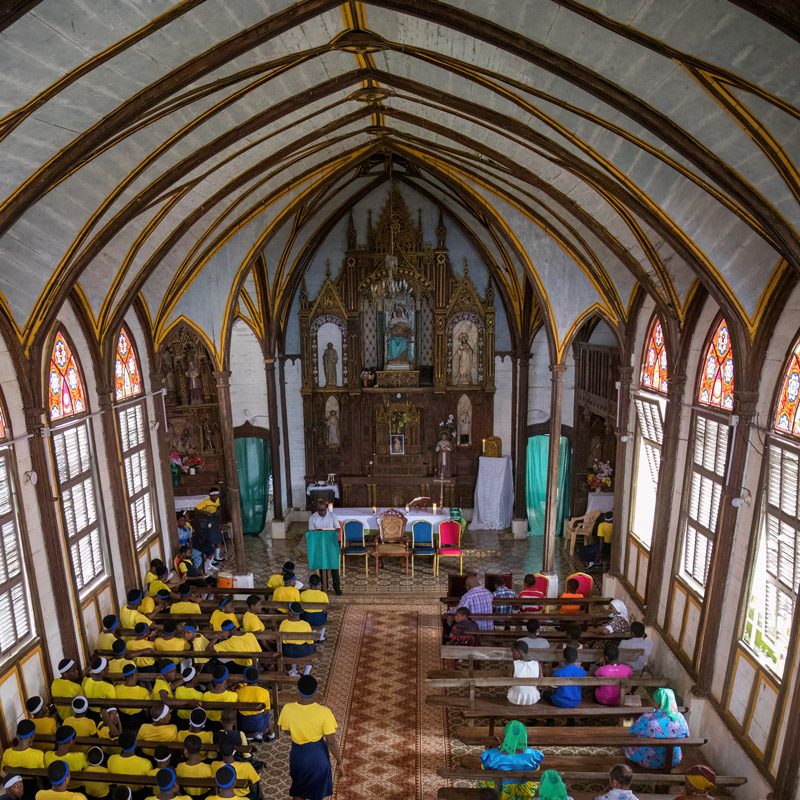
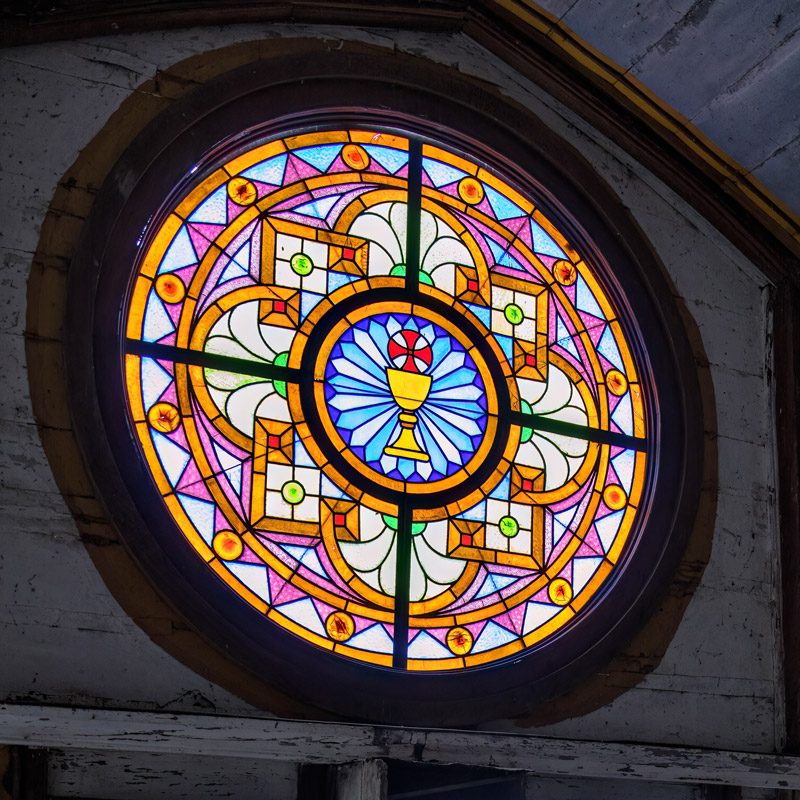
Sampaka cocoa farm
It was founded in 1906, with the old colonial-type "house of the masters" in green-toned wood and Nordic pine. Sampaka is one of the few farms of colonial origin still in operation and for that alone, and also for its exceptional cocoa, it is worth visiting.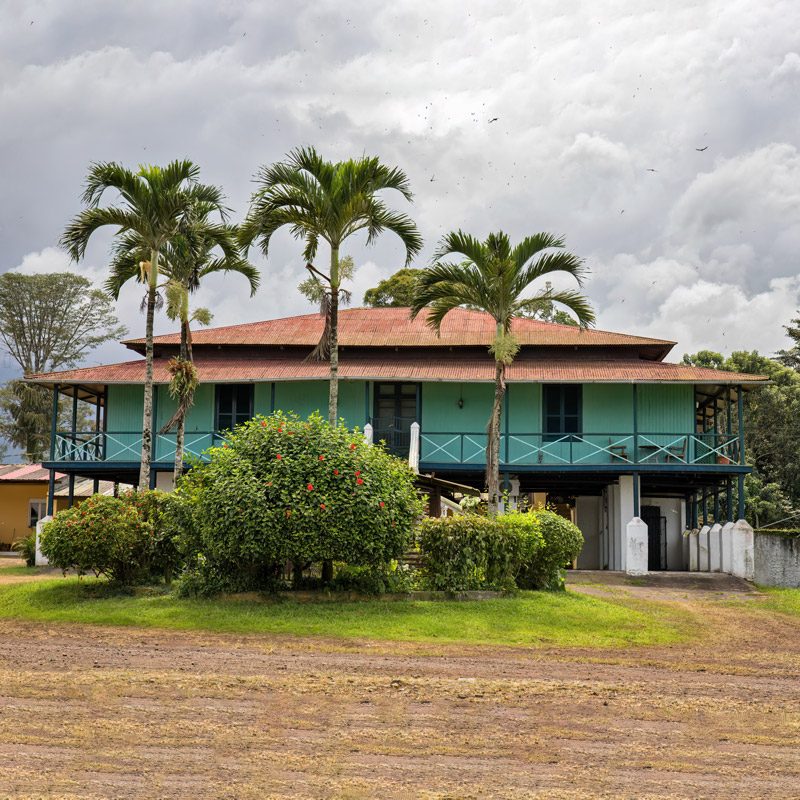
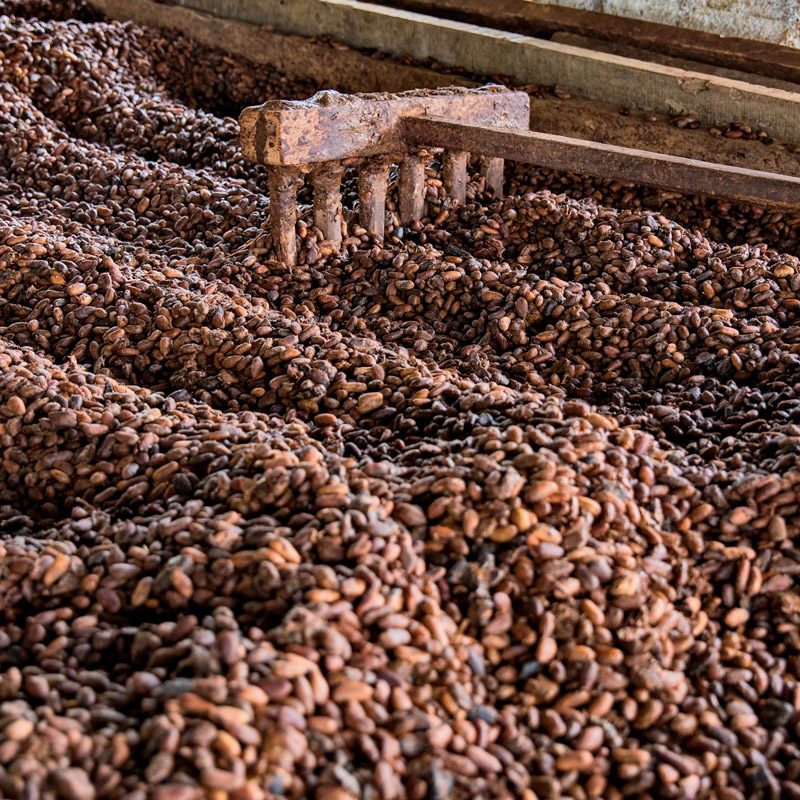
© Photos by Jordi Zaragozà Anglès taken during an ethnographic trip to Equatorial Guinea.
► Download the itinerary for this trip to Equatorial Guinea
Click on the button below to easily access the download form for the itinerary for this trip to Equatorial Guinea.
